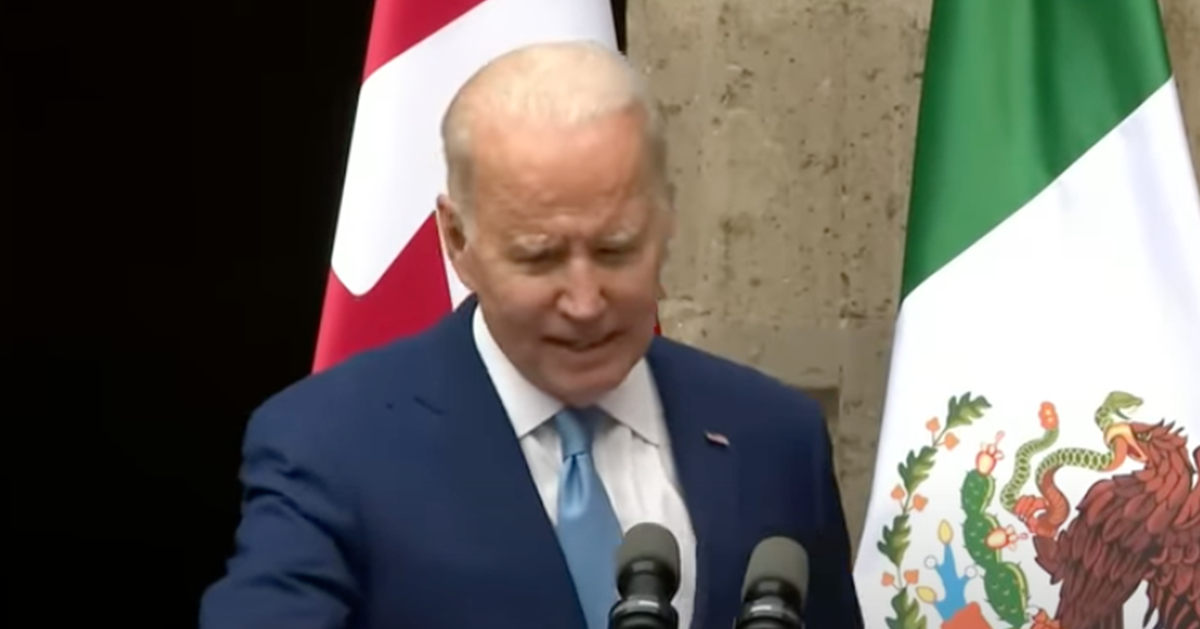Legal Expert Critiques Evidence in Trump's Hush Money Trial
In a groundbreaking event, former U.S. President Donald Trump is in the midst of a criminal trial on charges of falsifying business records related to hush money payments during the 2016 presidential campaign.
The trial centers around allegations that Trump concealed payments made to adult film actress Stormy Daniels and others to influence the election outcome, but the strength of D.A. Alvin Bragg's evidence against the former president is the subject of much skepticism from at least one noted legal expert, as Newsweek reports.
Trump has entered a plea of not guilty, denouncing the proceedings as a political vendetta. He remains a significant figure in American politics, being the presumptive Republican nominee for the 2024 presidential election.
Indictment by Manhattan DA and Initial Testimony
The indictment, led by Bragg, accuses Trump of manipulating business records to disguise the nature of several payments. Legal proceedings began in April 2024, drawing national and international attention to the courtroom.
Among the key witnesses is David Pecker, former publisher of the National Enquirer and a longtime Trump confidant.
Pecker testified regarding three specific payments made prior to the election to suppress damaging stories. Notably, no reimbursement was made to Pecker or his company, AMI, for these transactions.
This early testimony aimed to establish a timeline and motive for the alleged financial discrepancies pursued by the prosecution.
Legal Analysis Reveals Skepticism Towards Charges
Legal analyst Jonathan Turley has been vocally critical of the prosecution's strategy. Writing in The Hill, Turley detailed his concerns about the nature of the charges and the prosecution's approach, which he likened to a convoluted mechanism with questionable effectiveness.
"The premise of the prosecution always had that Rube Goldberg feel," Turley wrote, expressing doubt about the logical underpinnings of the case. He further argued that the charges, fundamentally misdemeanor in nature, were inflated to a complex legal battle.
Turley also took issue with Bragg presented the case, particularly regarding the financial records linked to the payments. His critique suggests a tenuous connection between the documented evidence and the alleged criminal activity.
Complexities Arise with Witness Testimonies
As the trial unfolds, the role of Michael Cohen, Trump's former lawyer, has come under scrutiny. Cohen's description by Turley as "loud, argumentative, and prone to exaggeration" hints at the complexities facing the prosecution in leveraging his testimony effectively.
According to Turley, Cohen's own legal advice to Trump plays a pivotal role in the case, complicating the juridical narrative. This aspect highlights the intricate dynamics between former allies turned legal adversaries.
The prosecution insists that Trump, along with Cohen and Pecker, orchestrated a coverup that tampered with the electoral process -- a claim central to the trial's stakes and its historical significance.
Public and Legal Reactions to the Trial
The trial has not only legal implications but also a significant public and media footprint. Turley's comments reflect a broader skepticism about the prosecution's capacity to provide a cogent and convincing argument.
"The actual evidence used to propel this ball through the machine is truly insane," Turley emphasized, pointing to what he considers an overreach in the legal interpretations of the acts in question.
Furthermore, Turley's critique resonates with a broader audience that finds the theatrical aspects of the trial simultaneously bewildering and intriguing, underscoring its complexity and the unusual nature of such a high-profile case.
In conclusion, the trial of former President Donald Trump is a multifaceted legal event marked by contentious debates over the legitimacy and sufficiency of the evidence presented.
Legal interpretations like those of Jonathan Turley highlight the challenges in adjudicating cases that intertwine legal details with political implications.
As the trial progresses, it continues to generate debate and scrutiny, reflecting its unique position in the annals of American legal history.





